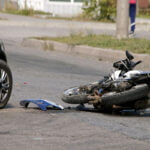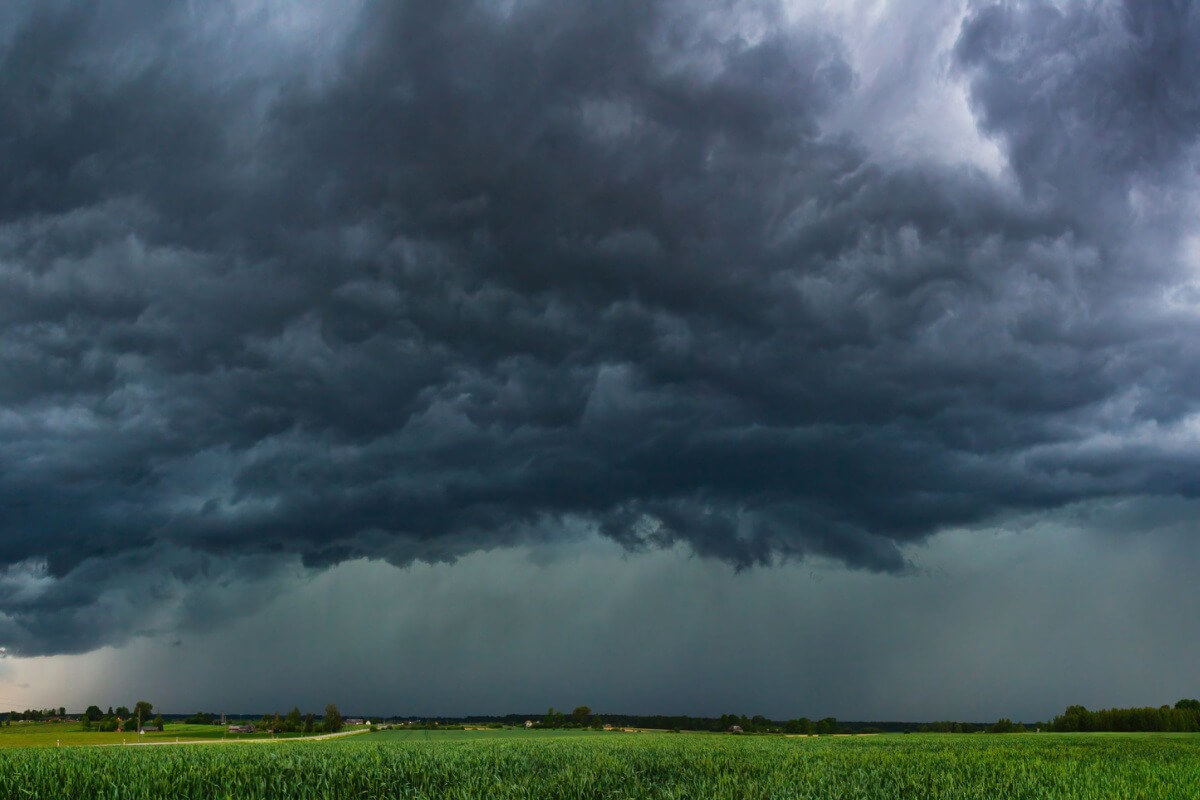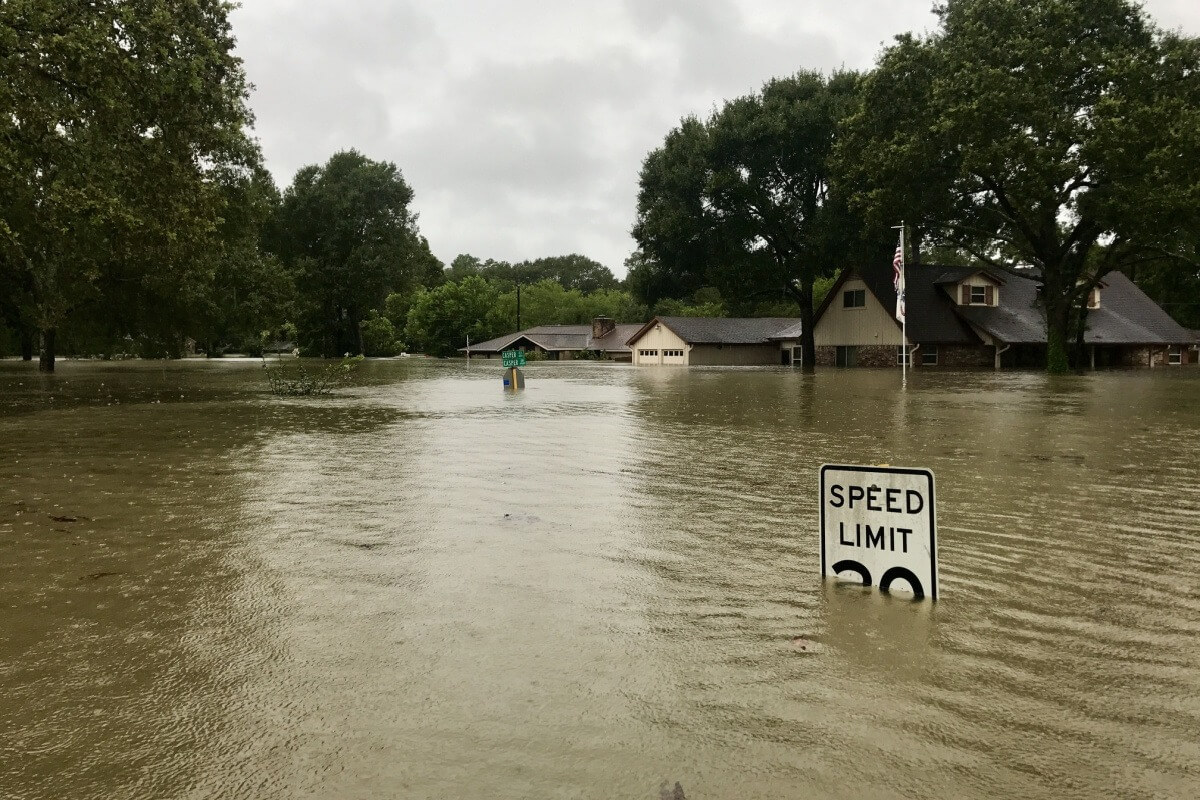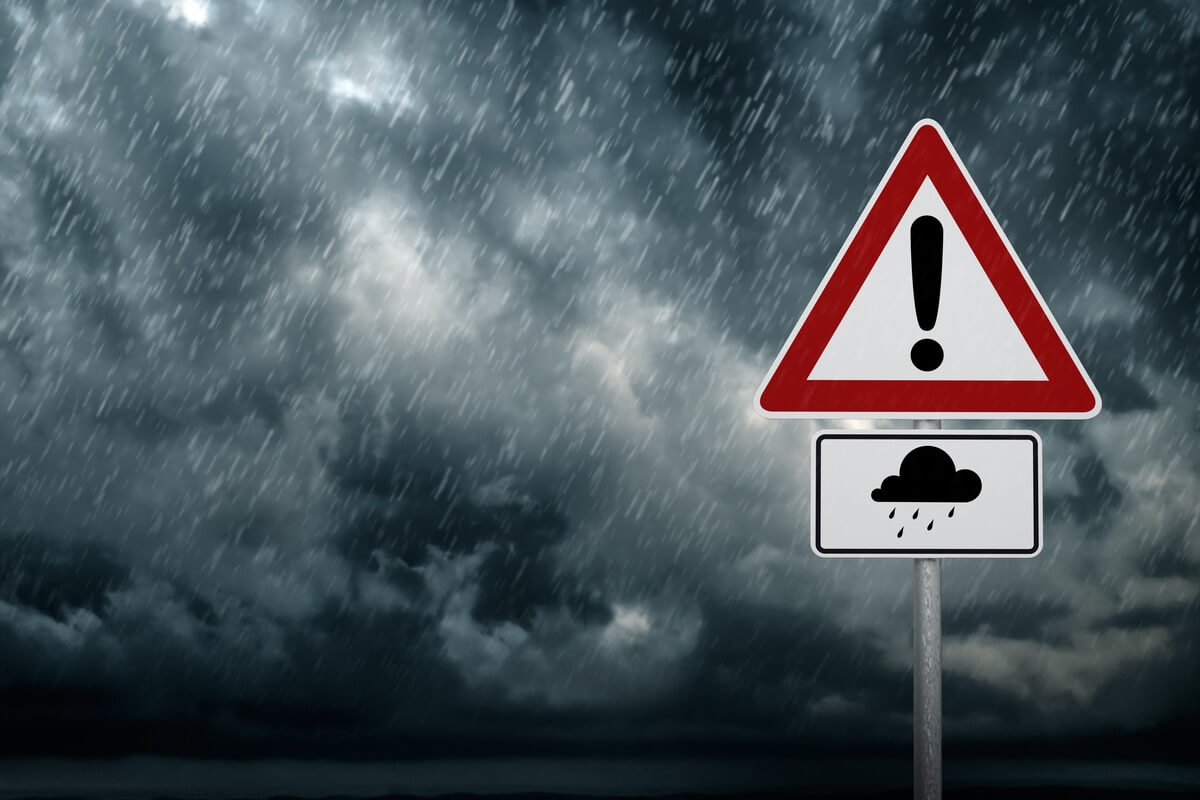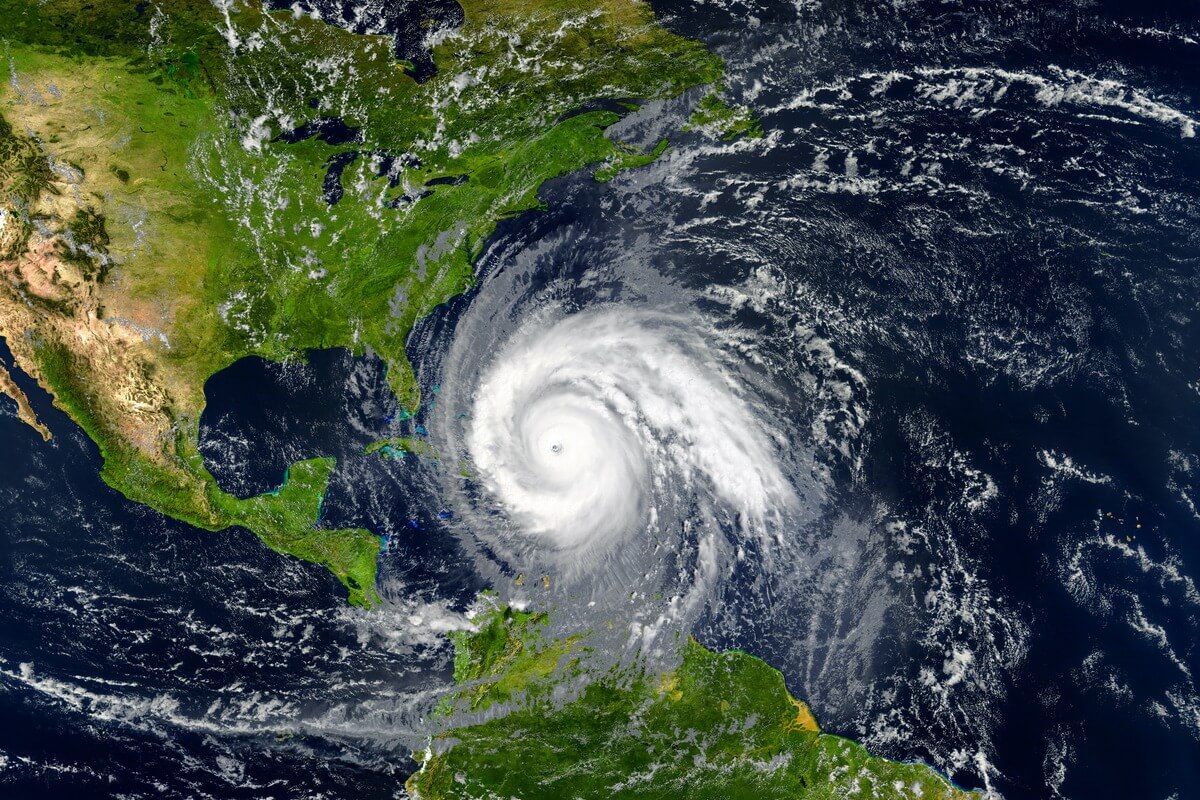
Partner at AKD Lawyers
Practice Areas: Insurance Claims
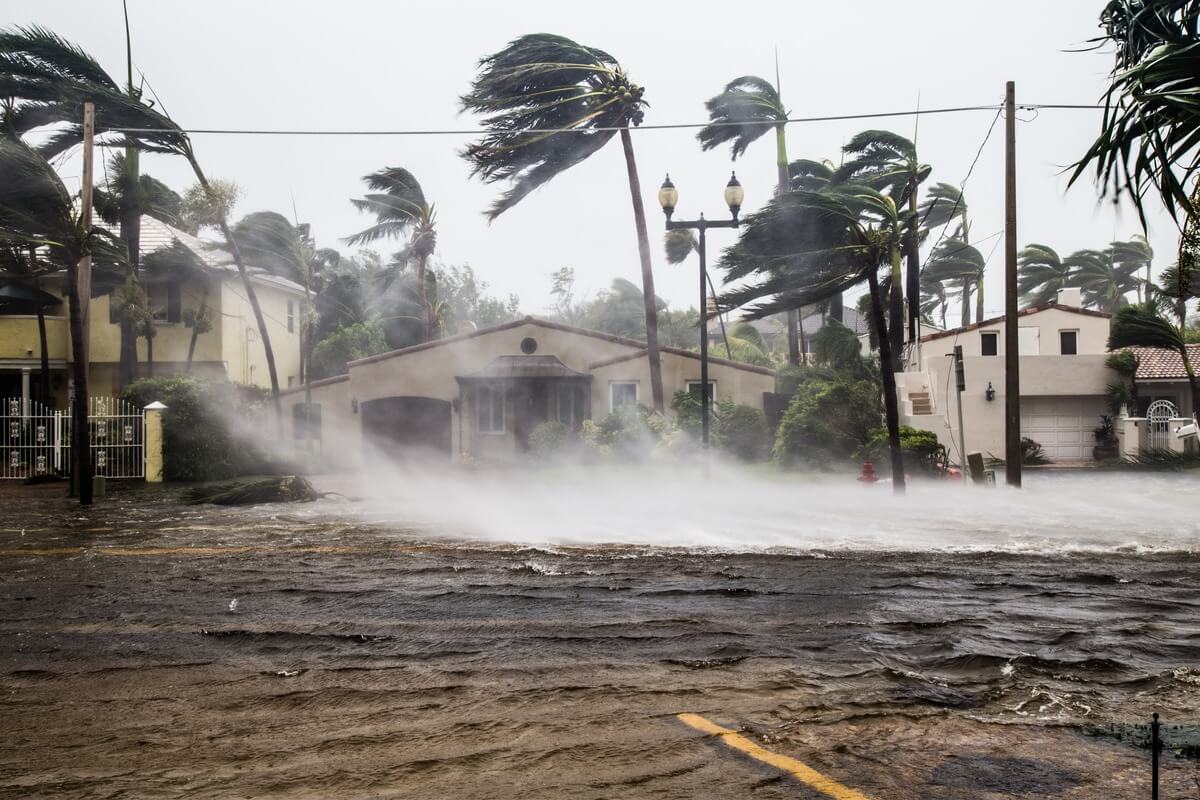
In Louisiana, dealing with property damage from fallen trees and branches is a common issue. Trees enhance the beauty of properties and neighborhoods, offering green spaces and increasing property values. However, when a neighbor’s tree causes damage due to poor maintenance or a natural event like a hurricane, it can be a major problem. Understanding liability and the process for seeking damages is crucial for affected property owners.
Louisiana’s Legal Framework
In Louisiana, the law addresses tree damage through Article 2317.1 of the Louisiana Civil Code. This article states that the owner of a tree is responsible for any damage it causes if they knew or should have known about the tree’s defect and failed to address it. To hold a neighbor liable for damage caused by their tree, you need to demonstrate:
- Knowledge of Defects: The neighbor knew or should have known about issues with the tree.
- Failure to Maintain: The neighbor did not take reasonable steps to maintain the tree.
- Preventable Damage: The damage could have been prevented with proper care.
If you can prove these points, you may have a valid claim against your neighbor or their insurance company for damages.
Challenges with Hurricane-Related Tree Damage
Assessing Liability During Hurricane Season
Louisiana’s hurricane season often results in severe property damage, including from fallen trees. Insurance companies might resist paying claims by arguing that the hurricane’s strong winds, not the tree’s condition, caused the damage. Here’s how you can strengthen your claim:
- Document Tree Defects: Before a hurricane, keep records of any defects or maintenance issues with the tree.
- Post-Hurricane Evidence: After a storm, gather evidence showing how the tree’s condition contributed to the damage. This might include photos of the tree and any maintenance records.

Case Study: Hurricane Ida
During Hurricane Ida in 2021, a massive tree toppled in Morgan City, LA, almost destroying a home. The tree was enormous, with its root system exposed and nearly twice the size of a person. Wind gusts of 60 miles per hour contributed to its fall. Though no injuries occurred, this incident illustrates the potential severity of fallen trees during hurricanes and the importance of understanding liability in such situations.
Filing an Insurance Claim
Steps to Take After Tree Damage
If a neighbor’s tree falls and damages your property, act promptly to initiate your insurance claim. Follow these steps:
- Notify Your Insurance Company: Report the damage as soon as possible.
- Document the Damage: Take clear photographs of the fallen tree, the damage it caused, and the surrounding area, including the neighbor’s property.
- Mitigate Further Damage: To prevent additional harm, block off affected areas, cover damaged property with tarps, and make temporary repairs if needed.
- Create a Detailed Inventory: List all damaged property, including structural damage, landscaping, vehicles, appliances, and personal belongings.
- Keep Paperwork: Retain all documents related to the damage and your insurance policy.
- Arrange Temporary Housing: If your home is uninhabitable, find temporary accommodation.

Handling the Claims Process
Once you’ve filed a claim, your insurance provider will assess how to proceed. If it’s clear that the neighbor is directly responsible for the damage, your insurer may seek compensation from them or their insurance company. However, if a natural disaster like a hurricane is the primary cause, even if the tree was defective, the insurer might not pursue a claim against the neighbor.
Additional Considerations
Hidden and Delayed Damages
Natural disasters can cause damage that may not be immediately visible. For instance, structural issues from a hurricane might become apparent later. Understanding this can help in dealing with insurance claims and ensuring that all damage is accounted for.
Broader Property Damage Context
Property damage isn’t limited to natural disasters. Events like the Hard Rock Hotel collapse can also have significant impacts on property owners. Staying informed about various types of property damage and insurance claims can help in better managing and protecting your property.
How An Attorney Can Help?
If you’re dealing with tree damage and need assistance navigating the claims process, consider consulting an experienced Louisiana property damage attorney. An attorney can help:
- Investigate the Claim: Assess the damage and gather necessary evidence.
- Contact Relevant Parties: Communicate with the neighbor and their insurance company.
- Develop a Legal Strategy: Formulate a plan to seek compensation.
- Negotiate Settlements: Work towards a fair resolution for your claim.
Handling property damage claims can be complex, especially with the added challenge of natural disasters. With the right support and information, you can effectively address the damage and seek appropriate compensation.
Categories
- Bicycle Accidents
- Car Accident
- Case results
- Class Action
- Community Aid
- COVID-19
- Fun
- General
- Hard Rock Lawsuits
- Holiday
- Insurance Claims
- Legal Advice
- Mardi Gras Accident Attorney
- Mass Tort
- Medical
- Motorcycle Accident
- Personal Injury
- Practices
- Premise Liability
- Recent News
- Safety
- Truck Accidents
- Uncategorized
- Weather
- Work-Related Accident

In 2003, after being dissatisfied with the quality of legal care for victims of car accidents, Roderick ‘Rico’ Alvendia sought to establish a new firm focused on providing high-quality legal services to aid injured victims and their families. J. Bart Kelly, sharing Rico’s passion for upholding justice, joined the firm later that year, and established a partnership.


